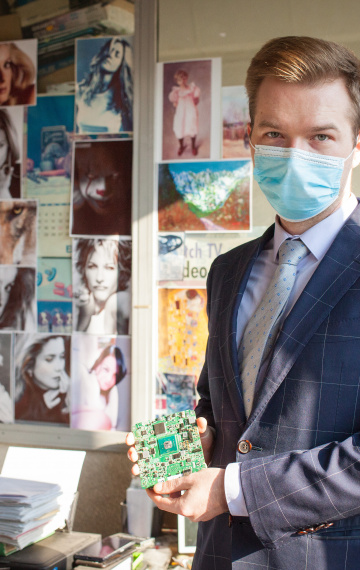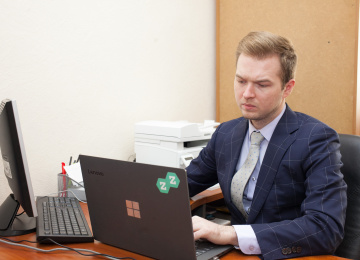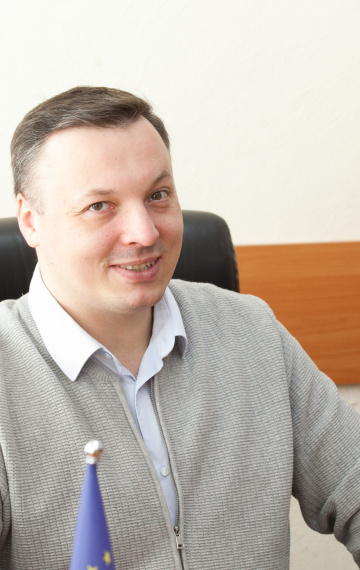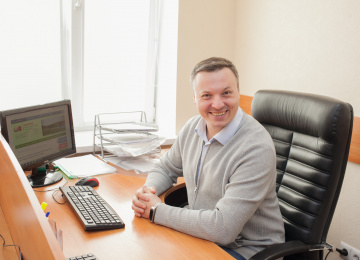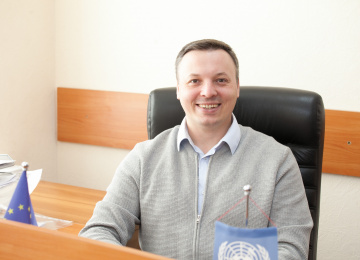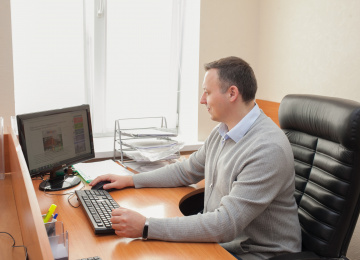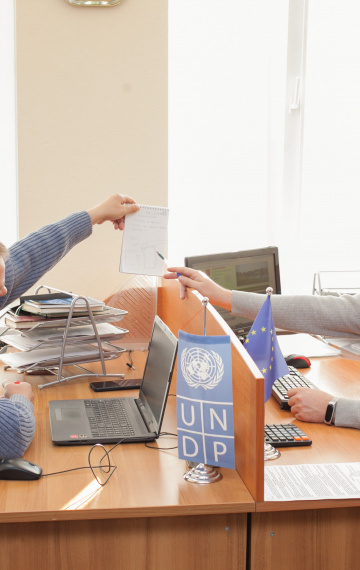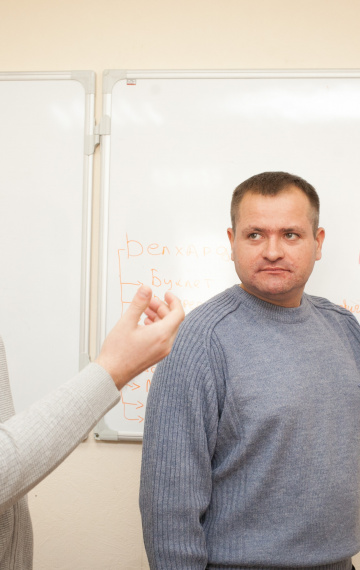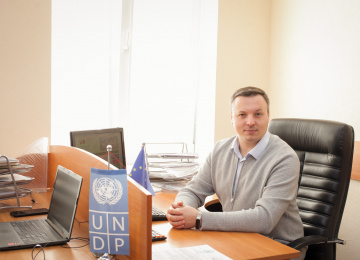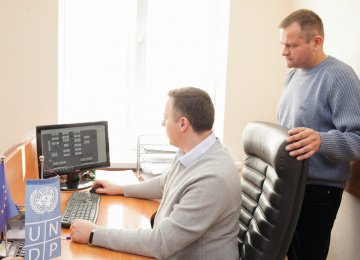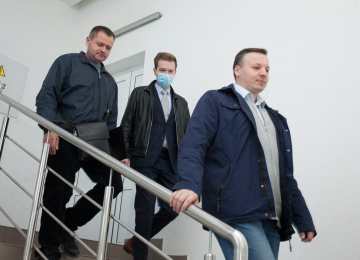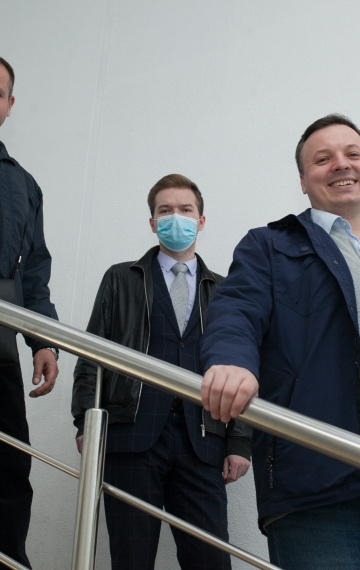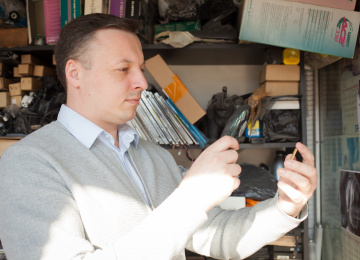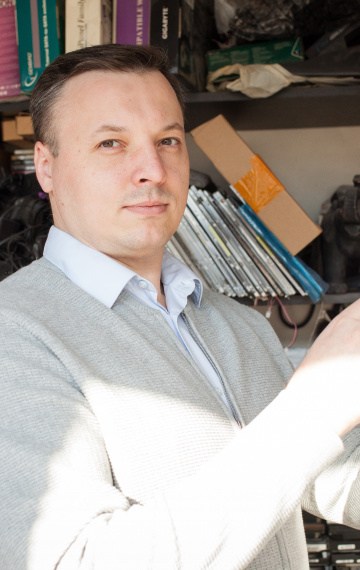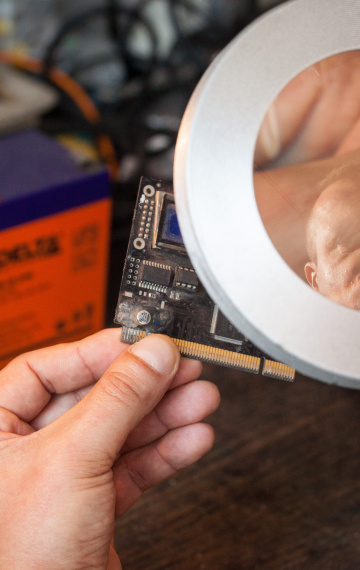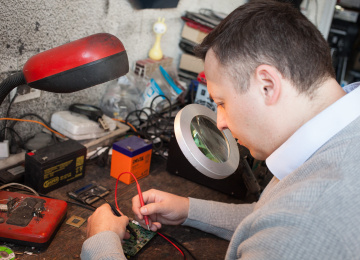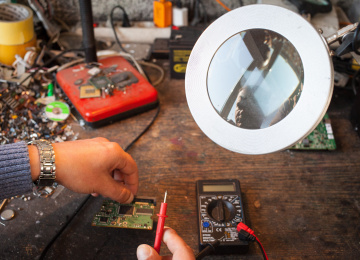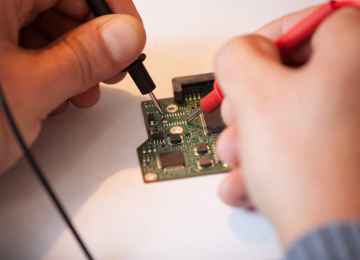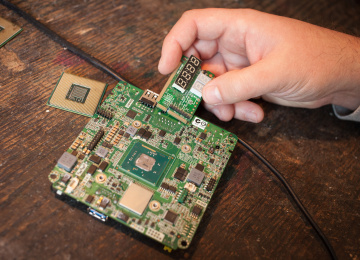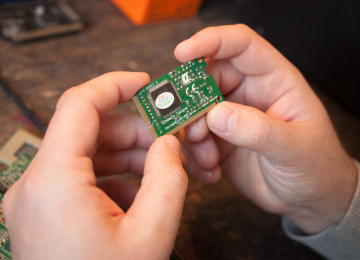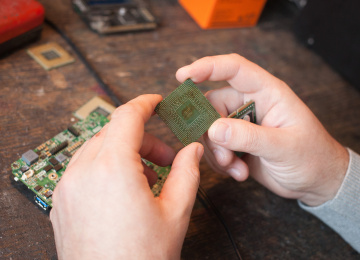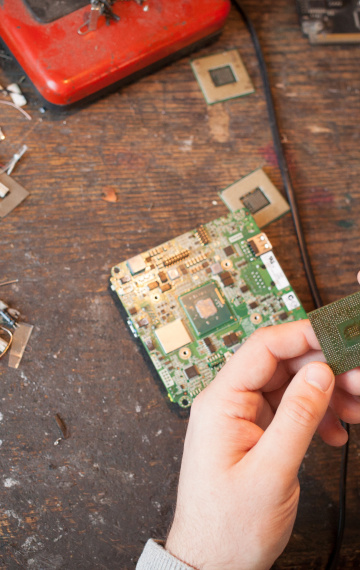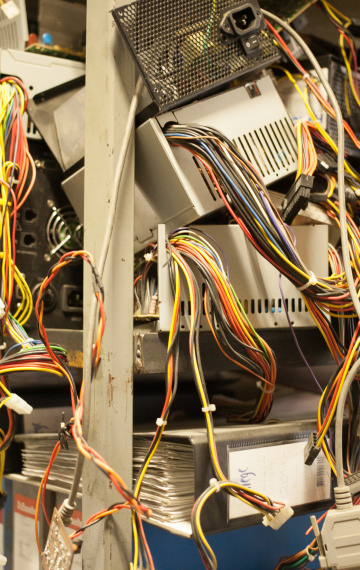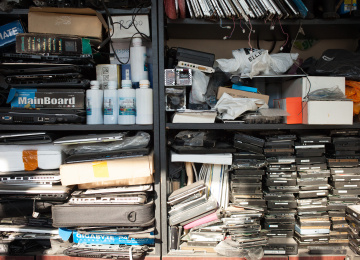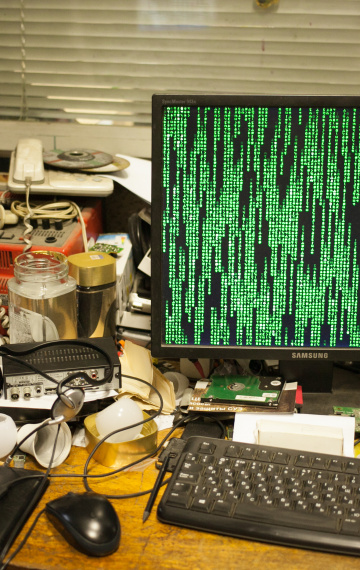
Many of us have witnessed how garbage from overflowing containers spills out and ends up being blown around by the wind in residential areas. If this happens on the weekend, then you are likely to have to watch trash blowing around for more than just a day, because the garbage truck won’t show up until Monday. Yet in the next block, the garbage container is only a third full: either there are fewer apartments in that area or the residents generate less trash. At the time scheduled by residential services, the garbage truck will come by and simultaneously pick up the trash in the overflowing container and in the one that is only a third full.
This does seem just a little inefficient, doesn’t it? Can anything be done about this? Apparently, yes. A “smart” sensor installed in containers can track the level of utilisation of each container while a special application optimizes the movement of garbage trucks, saving taxpayers a considerable amount.
The ZeroWaste initiative under the “Support for local economic development in Belarus” is bringing to life the idea of installing sensors on trash containers in Bykhov County.
Aleksandr Balodis, director of the Centre for the Support of Business Initiatives to Improve Waste Management, an information and education resource, says that the idea for this initiative came in response to two challenges. Firstly, to reduce greenhouse gases in the atmosphere by optimizing transport loading, known as green logistics. Secondly, the need to optimise the capacity of the landfills in Bykhov.
“Considering the reasons for the situation and its consequences, we came to the conclusion that, at this stage, there is no clear system for managing waste,” says Aleksandr. “We understood that what we could do to resolve the issue was to take advantage of innovative technology to track the load levels of containers and optimise the logistics involved.”
Tracking the fill level of containers is already being done in several counties, from the pilot stage to full implementation. There are a number of different ways to determine container levels and various sensors being used. Some sensors track the volume of filled space of a container, others track the weight. The ZeroWaste initiative is now developing prototype sensors. In December, production of sensors is planned to begin for the pilot project in Bykhov. Prices are expected to be more accessible than foreign versions. Moreover, by purchasing local sensors, many issues with Customs, certification, delivery times, repairs, and software adaptation can be avoided.
Working on an IT solution is the next, equally important part of this initiative. This software will collect information about the state of containers and the movement of garbage trucks. When a container is 80% full, the system will begin to issue warnings, while at the same time putting together the optimal route for the collecting truck. The system will also be able to indicate where two containers need to be placed instead of one, to avoid extra trips.
| Insert |
| Every day, around 8,000 tonnes of garbage are collected across the country. In Minsk alone, around 450 trucks are out collecting every day. This represents around 3 t of fuel in the capital alone, which could be reduced by about one tonne. After introducing a fill level tracking system and optimising logistics, the cost of collecting and moving municipal solid waste (MSW) should go down 30%, and ultimately even more. |
| ZeroWaste data |
The initiative focuses considerable attention on environmental issues. The summer of 2020 clearly showed how climate change is affecting the likeliness of anomalies and natural disasters everywhere.
“We need to pay more attention to developing an ecological mindset among people,” notes Aleksandr. “From what we’ve observed, more than 50% of the population make an effort to separate their MSW when they throw garbage out, but this, like the waste sorting system, is still far from ideal. Organic waste causes chemical reactions in the landfill, releasing methane, hydrogen sulphide, mercaptan [methanethiol] and other substances that can be quite poisonous in high concentrations.”
The commercial component is also important for the initiative: ZeroWaste’s goal is to develop a solution that is innovative for Belarus and suitable for local use, but eventually to start selling the product abroad. At the moment, 10 professionals are working on the development of sensors and related software. When the project moves to serial production, 100 more jobs will become available.
“We will be able to apply our experience with the pilot project in Bykhov County to other areas of Belarus,” says Aleksandr Balodis. “In the next few years, we should see a digital transformation in both waste collection and recycling. It’s a pleasure to see that our initiative is at the forefront of developing solutions to this problem in Belarus.”
ZeroWaste is one of 63 initiatives in the development of entrepreneurship in Belarus’s provinces under the “Support for Local Economic Development in Belarus” project. This project is being carried out by UNDP in partnership with the Ministry of Economy of Belarus and financed by the European Union through the EU4Business initiative.
